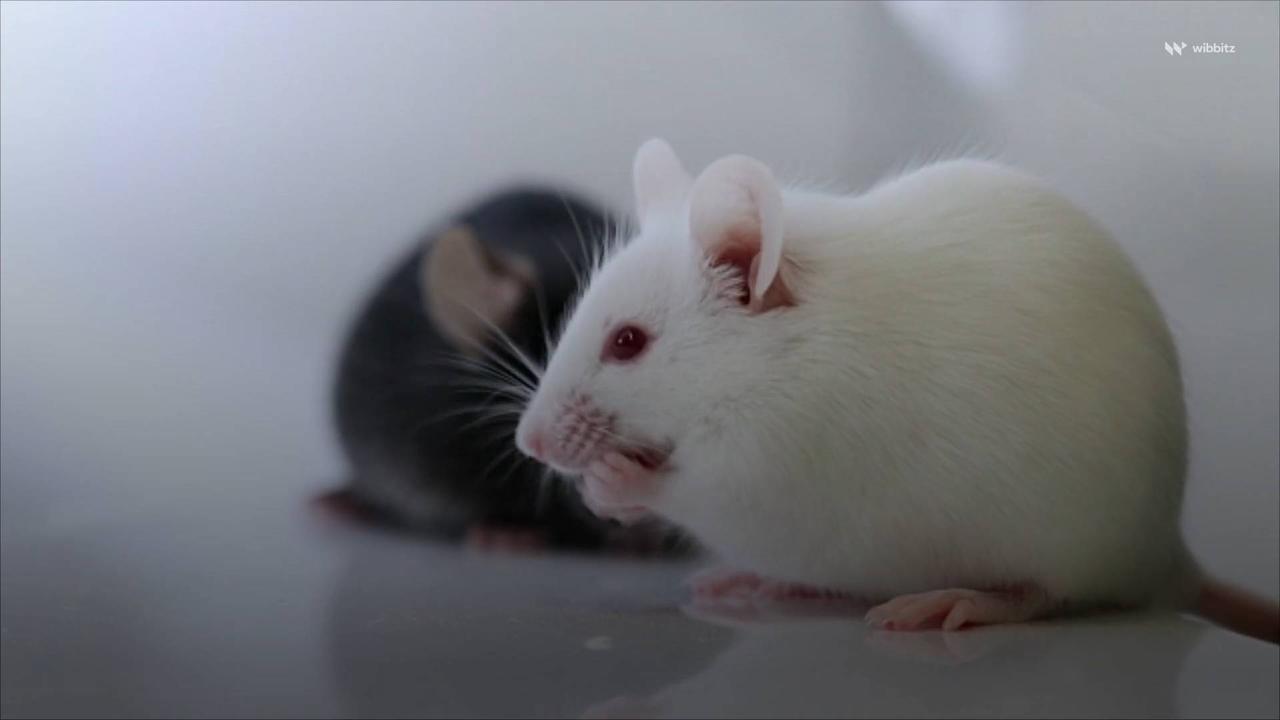
Scientists , Reverse Aging in Mice.
'The Guardian' reports that researchers at the Salk Institute in California and the San Diego Altos Institute... .
... used gene therapy in middle-aged mice, which resulted in their cells being "refreshed," making them "more youthful.".
The study was published in 'Nature Aging.'.
In humans, future applications may help to fight age-related diseases like Alzheimer's and cancer.
A host of age-related diseases might benefit from this approach.
It would constitute a new therapeutic approach with a significant impact on unmet medical needs at all stages of our life, Heinrich Jasper, a principal fellow and director at the U.S. biotech firm Genentech, via 'The Guardian'.
The researchers said their study drew upon the work of Japanese Nobel laureate Professor Shinya Yamanaka.
Who showed that when four molecules (Yamanaka factors) are combined, adult cells can revert into youthful stem cells.
The current study found mice that received Yamanaka factors over the course of several months showed the most rejuvenation with their skin and kidneys.
The longer the therapy was given, the more effective it was.
It was also most effective when given to mice who were 12 to 15 months old, which equates to 35 to 50 in humans.
When mice that were an age similar to an 80-year-old human were given treatment, it had little effect.
Previous studies have shown that fully reprogramming cells can result in cancer, which is why scientists believe partial programming may be the key.
In theory, biological age reversal or reduction could be possible.
However, we are at very early stages where we need to understand the basic science behind it much better, Dr Tamir Chandra, an expert in the biology of ageing at the University of Edinburgh, via 'The Guardian'
